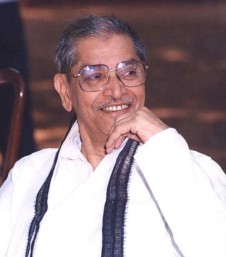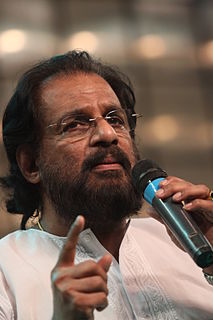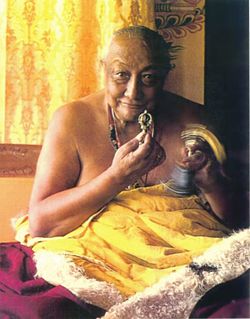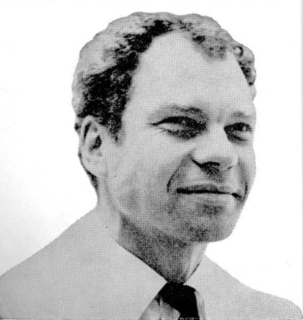A Quote by Pandurang Shastri Athavale
Devotion (Bhakti) includes Sentimental Devotion (Bhav Bhakti) and Devotion through action (Kruti Bhakti).
Quote Topics
Related Quotes
One is the path of devotion, what in India is called BHAKTI yoga, the path of love and devotion - a Meera, a Chaitanya, dancing and singing, losing themselves completely in the act. When Meera is dancing there is only dance, there is no Meera; the dancer is completely merged into the dance. When Chaitanya is singing and dancing there is no Chaitanya; he has become one with the act.
The pure mystic wishes to approach his God only in the all-embracing love. The yogi, too, walks toward one single aspect of God. The bhakti-yogi keeps to the road of love and devotion, the raja and hatha yogi choose the path of self-control or volition, the jnana yogi will follow that of wisdom and cognition.
Who cares for your bhakti and mukti? Who cares what your scriptures say? I will go into a thousand hells cheerfully if I can rouse my countrymen, immersed in tamas, to stand on their own feet and be men inspired with the spirit of karma-yoga. I am a follower only of he or she who serves and helps others without caring for his own bhakti and mukti!
Devotion {to the spiritual master} becomes the purest, quickest, and simplest way to realize the nature of our mind and all things. As we progress in it, the process reveals itself as wonderfully interdependent: We, from our side, try continually to generate devotion; the devotion we arouse itself generates glimpses of the nature of mind, and these glimpses only enhance and deepen our devotion to the master who is inspiring us. So in the end devotion springs out of wisdom: devotion and the living experience of the nature of mind becomes inseparable, and inspire one another.
Government has only one religion - India first! Government has one holy book - the Constitution. The Government must be immersed in only one Bhakti- Bharat Bhakti! The Government's only strength is Jan Shakti! Government's only ritual is the well being of the 125 crore Indians! The only code of conduct of the Government should be 'Sabka Saath, Sabka Vikas!
Devotion is the essence of the path, and if we have in mind nothing but the guru and feel nothing but fervent devotion, whatever occurs is perceived as his blessing. If we simply practice with this constantly present devotion, this is prayer itself. When all thoughts are imbued with devotion to the guru, there is a natural confidence that this will take care of whatever may happen. All forms are the guru, all sounds are prayer, and all gross and subtle thoughts arise as devotion. Everything is spontaneously liberated in the absolute nature, like knots untied in the sky.
Devotion differs. Devotion exists for the total existence, without the counterpart, mm? There is nothing against devotion. There is hate against love; there is nothing against devotion. No-devotion is not against devotion, it is just absence. So when someone says, "I am devoted to Rama," really he is using a wrong word. If he loves Rama, then he cannot love Krishna. If someone says, "I am devoted to Krishna," then he cannot love Christ. He is using a wrong word. He is continuing the love phenomenon; it is not devotion.
Only love for the Supreme Lord is true Bhakti. Love for any other being, however great, is not Bhakti. The "Supreme Lord" here means Ishvara, the concept of which transcends what you in the West mean by the personal God. "He from whom this universe proceeds, in whom it rests, and to whom it returns, He is Ishvara, the Eternal, the Pure, the All-Merciful, the Almighty, the Ever-Free, the All-Knowing, the Teacher of all teachers, the Lord who of His own nature is inexpressible Love."





































